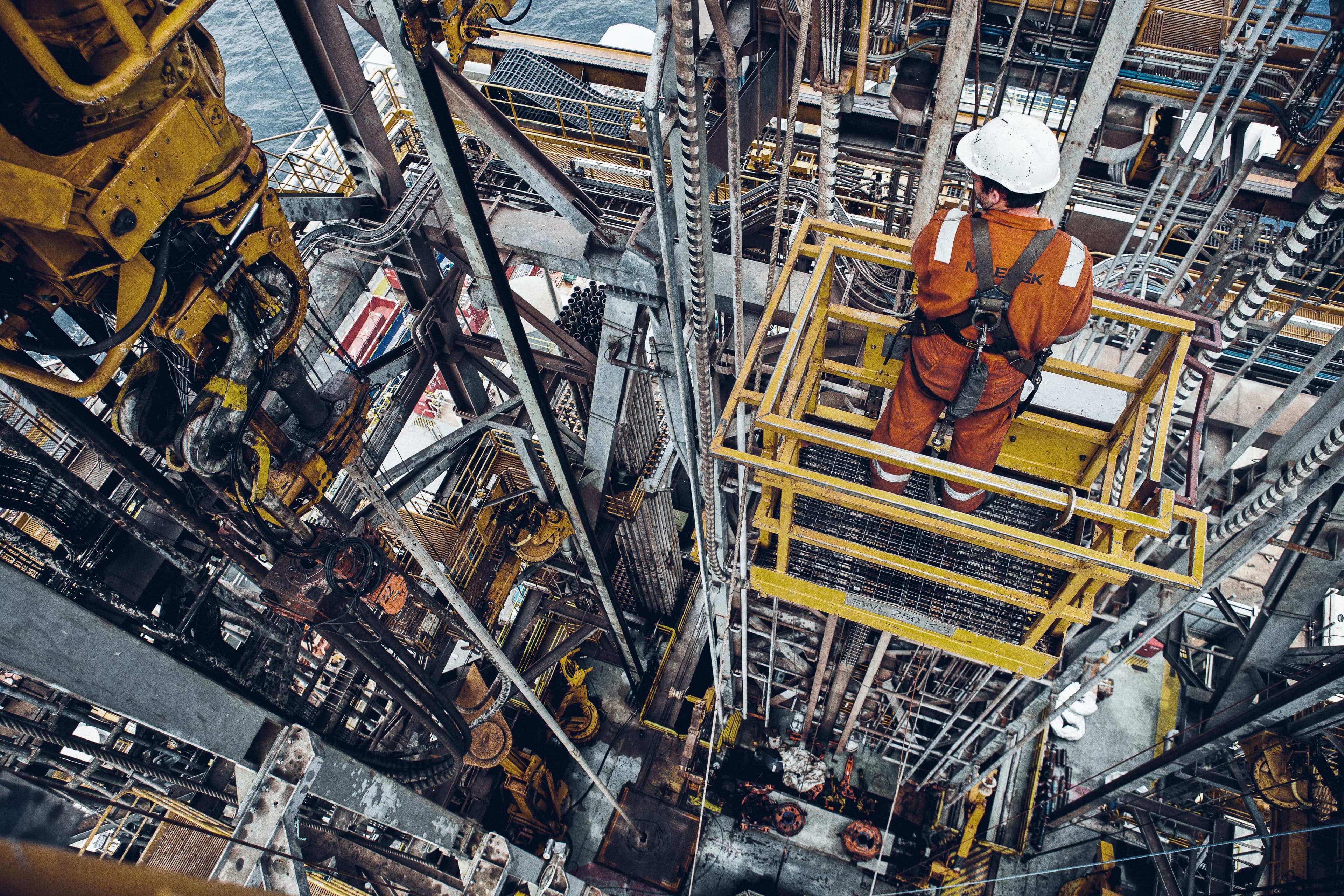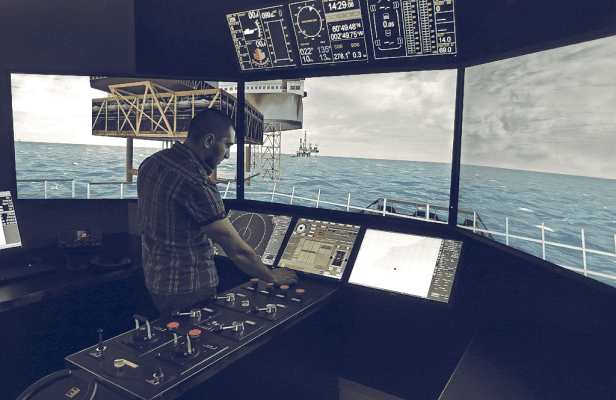

Well Operations Training
Well Operations Training encompasses a range of training programs designed to equip individuals with the knowledge and skills necessary to effectively plan, execute, and manage operations related to oil and gas wells. These training programs cover various aspects of well drilling, completion, intervention, maintenance, and production optimization. The purpose of Well Operations Training is to ensure that personnel working in the oil and gas industry possess the expertise required to carry out their roles safely, efficiently, and in compliance with industry standards and regulations.
Here's an overview of the different cycles and training required for Well Operations:
1. Drilling Operations
Purpose
-
To drill new wells or expand existing ones to access subsurface hydrocarbon reserves.
Training Required:
-
Well Control: Focuses on preventing and managing blowouts, kicks, and other drilling-related emergencies.
-
Directional Drilling: Teaches techniques for steering the wellbore to reach specific targets or avoid hazards.
-
Well Control Certification (e.g., IWCF or IADC certification)
2. Completion Operations
Purpose
-
To prepare the well for production by installing equipment and barriers to control reservoir fluids.
Training Required
-
Well Intervention: Teaches methods for accessing and servicing downhole equipment, including wireline, coiled tubing, and snubbing operations.
-
Wellhead Equipment: Includes training on installation, maintenance, and troubleshooting of surface wellhead equipment.
3. Production Operations
Purpose
-
To extract hydrocarbons from the reservoir and deliver them to the surface for processing
Training Required
-
Production Engineering: Covers reservoir management, artificial lift systems, well performance optimization, and production monitoring.
-
Production Equipment: Includes training on operation, maintenance, and troubleshooting of production facilities, such as separators, pumps, and pipelines.
-
Safety Training: Focuses on safe handling of hydrocarbons, hazard identification, emergency response, and permit-to-work systems.
4. Well Intervention and Workover:
Purpose
-
To maintain or enhance well productivity by performing remedial operations or installing new equipment.
Training Required
-
Well Workover: Teaches techniques for remedial cementing, well stimulation, sand control, and downhole tool deployment.
-
Wireline Operations: Covers use of wireline tools for logging, perforating, and setting downhole equipment.
-
Snubbing Operations: Includes training on hydraulic workover units for well intervention in live wells.
-
Coiled Tubing Operations: Teaches deployment of coiled tubing for various well intervention applications.
5. Well Abandonment
Purpose
-
To permanently seal and decommission wells that are no longer viable or economical.
Training Required
-
Abandonment Procedures: Covers regulatory requirements, well plugging techniques, cementing operations, and environmental considerations.
-
Well P&A (Plug and Abandonment): Teaches methods for setting plugs, cutting casing, and isolating formations to safely abandon wells.
6. Well Integrity Management
Purpose
-
To ensure the structural integrity and reliability of wells throughout their lifecycle.
Training Required:
-
Well Integrity Assessment: Covers monitoring techniques, inspection methods, and risk assessment for identifying integrity threats.
-
Corrosion Management: Includes training on corrosion prevention, mitigation strategies, and material selection for downhole and surface equipment.
-
Well Integrity Testing: Teaches methods for pressure testing, leak detection, and integrity verification.
Take Control of Your Well Operations with Maersk Training
In an industry where control is pivotal for safety and productivity, Maersk Training provides a robust curriculum to arm your team with the knowledge and skills they need to mitigate risks and manage well control incidents effectively.
Why Choose Maersk Training for Your Well Control School?
IWCF-Certified Training
Our Well Control courses are accredited by the International Well Control Forum (IWCF), setting the industry standard for well control training.
IADC-Endorsed
Gain a competitive edge with our well control programs endorsed by the International Association of Drilling Contractors (IADC).
Industry-Specific Training
Whether you're offshore or onshore, we tailor our training to suit the unique well control requirements of your sector.
Hands-On Experience
Our state-of-the-art simulation technology gives you real-world exposure to well control scenarios, making your training experience second to none.

Cutting-Edge Simulation Technology
Our well control school employs the latest in simulation technology to provide you with a realistic, immersive learning experience. These high-fidelity simulations mimic real-world drilling conditions, allowing you to practice your skills in a safe, controlled environment before applying them on the job.
Industry Expert Instructors
Our instructors are not just educators; they are experienced industry professionals who bring real-world knowledge and practical examples into the classroom. This industry-centric approach makes our well control training more relatable, relevant, and immediately applicable.
Global Footprint
With training facilities strategically located in key oil & gas hubs around the world, Maersk Training is within reach no matter where your operations are based.
Frequently Asked Questions
Take the first step towards operational excellence
Connect with our team of experts for any further guidance on your training needs.